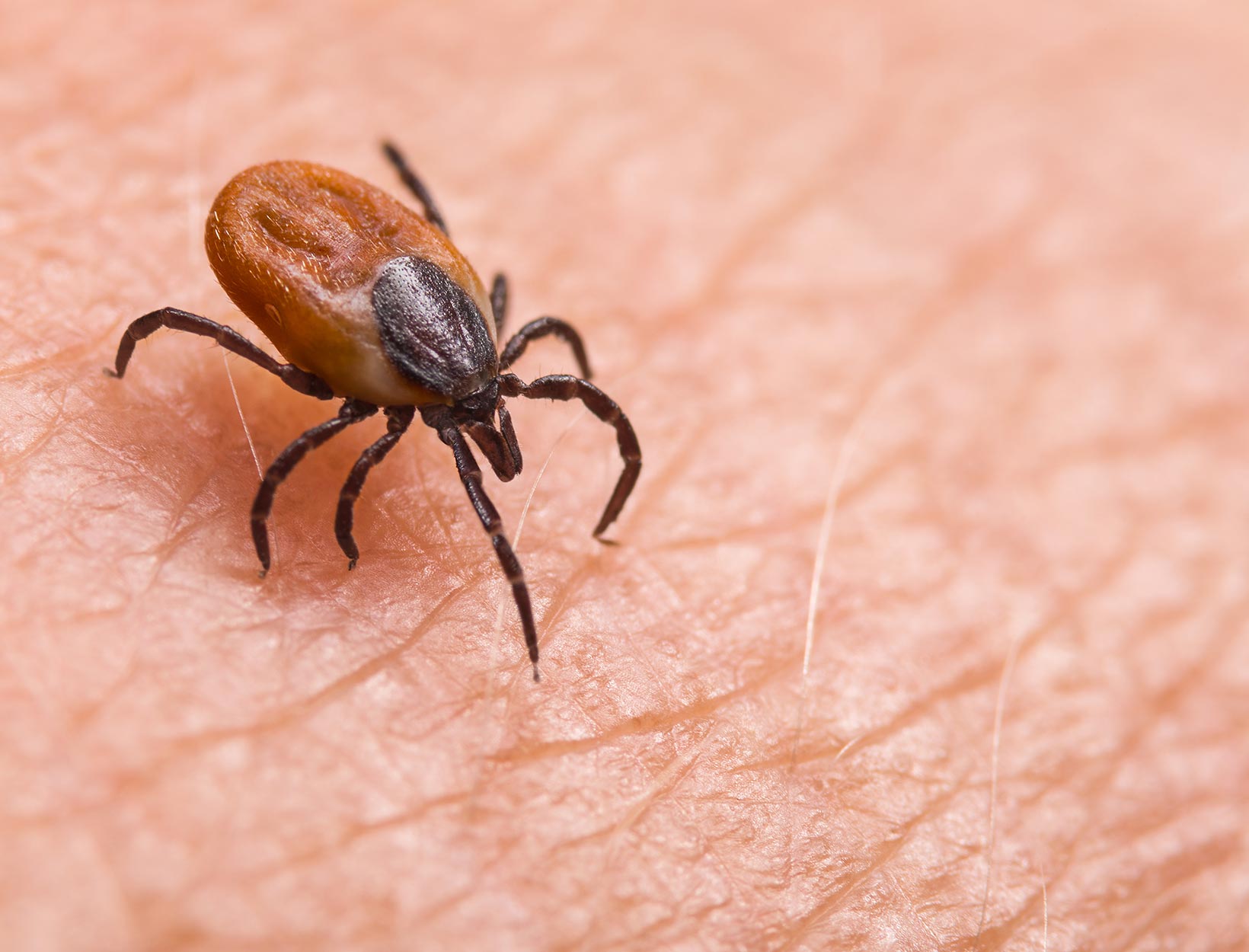Is This Hormone Messing With Your Sex Life? A Pelvic Floor PT Explains New

So why does this happen? Two common culprits: breastfeeding and menopause.
People who are lactating and breastfeeding usually don’t have regular periods since the body is trying to suppress ovulation so you don’t get pregnant again. (Disclaimer: You can still get pregnant if you’re breastfeeding in the absence of a period!) The body’s job is to make milk to feed the baby, not get pregnant again quickly.
That’s why most people who have a baby have similar vaginal tissues to a person in menopause: atrophy; dryness; pain; pale color; less lubrication; and thinner, more fragile tissue. In a study of 832 first-time moms, nearly half of the women (46.3%) reported a lack of interest in sexual activity, 43% experienced a lack of vaginal lubrication, and 37.5% of women had dyspareunia (painful sex) six months after birth.
The same goes for menopause. Menopause is the cessation of menstrual cycles, and no more ovulation occurs. Estrogen fuels ovulation, so when estrogen drops and ovulation stops, we have a systemic result. Without estrogen flowing through the body due to menopause, the tissues of the vulva and the vagina are affected. In fact, anywhere from 17 to 45% of postmenopausal women report painful intercourse, and AV appears in approximately 45% of postmenopausal women, according to research on dyspareunia.
This article was originally published by mindbodygreen.com. Read the original article here.




